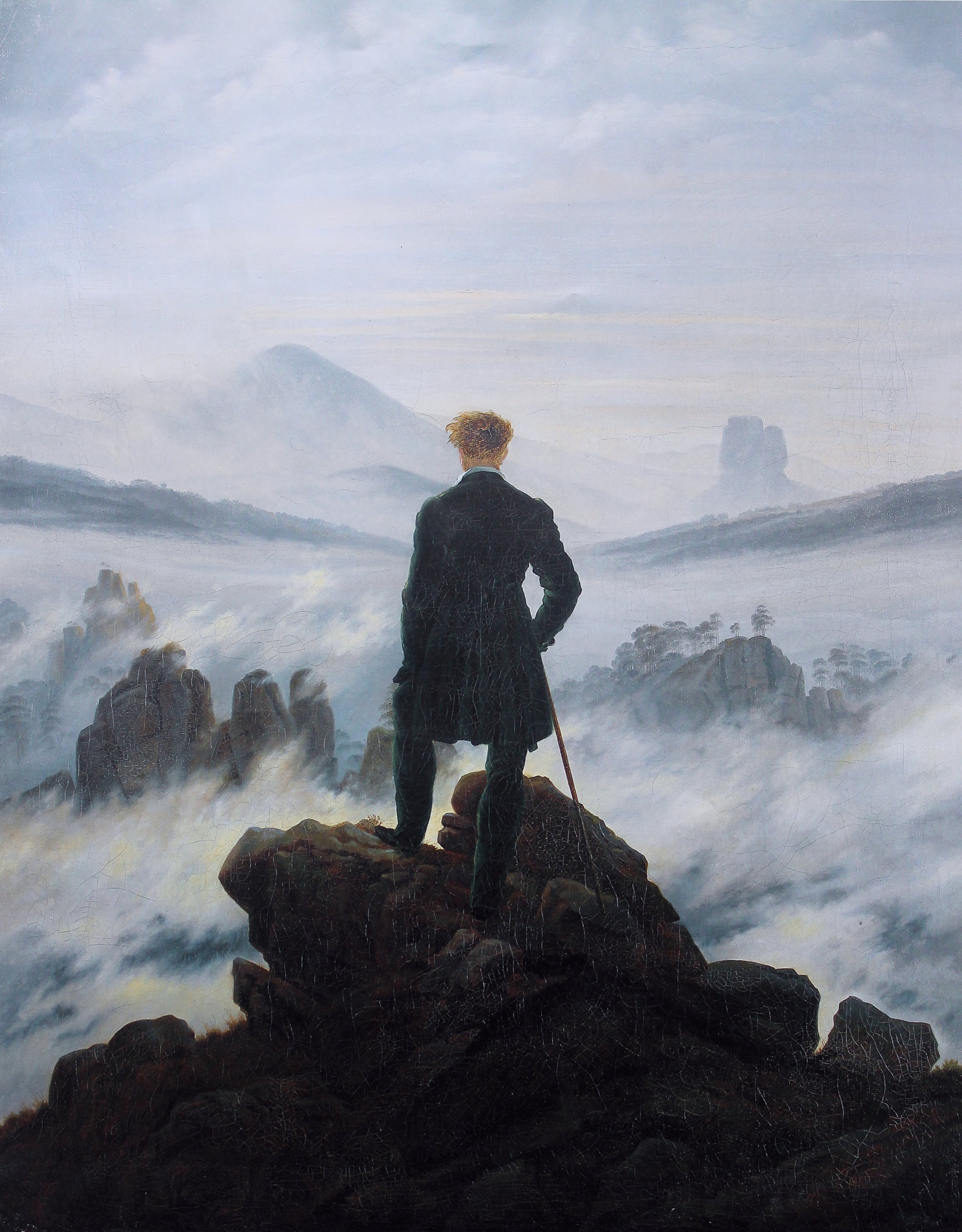|
|
LITR 4231
Early American Literature 2012 research post 2 |
|
Ronni Grantham
April 26, 2012
Getting Down to the Heart of Mather
Who is Cotton Mather? That was a question that I
asked myself at the beginning of this Early American literature class. I had
heard of the Salem witch trials before, but not of Mather or the role that he
played in these events until now. As I noted in my first research post, it
seemed like Mather had a great deal of influence in how the witch trials
progressed and he used this influence within the community to impose his will in
the course of the trials. This sparked my curiosity to learn more about who
Mather was. It also made me curious about how he came to have such an important
role in these tragic events. Another thought that occurred to me was whether or
not any of Matherís other writing besides,
Memorable Providences and the
Wonders of the Invisible World,
related to the topic of witch craft?
In the course of my research the first website that
found was www.nndb.com. In my opinion this site did not have a great deal of
information but it had some interesting background information on Mather. One
such interesting facts that I found about Mather was that he died on almost the
same day that he was born. He was born on the 12th of February 1663 and he died
on the 13th of February 1728. I know this doesn't have any impact on his writing
or who he was as a person but I thought it was interesting still. Another
interesting fact to me was the young age at which Mather was given a position of
leadership or power. When Mather was only 25 years old he was left in charge of
the largest congregation in New England. I know that this was a different time
but it makes me wonder if at 25, Mather really was ready to have such an
important role. At this point in his life he had only been an ordained minister
for about three years. It was the very next year, in 1689, that he wrote his
first book Memorable Providences.
Based on the research that I found it seems that Mather was a good writer
however, he tended to be one sided in his writing. Some critics claim that he
could not be unbiased in his writing because he allowed his own opinions to
cloud his work.
A few short years after his first book was
published, Mather was called upon as part of Bostonís clergy to address the
issues of witchcraft in regards to what was happening in Salem. Mather, who had
a hatred and fear of witchcraft, wrote a passionate response to the magistrates.
The majority of the prosecutions were based on Matherís response. In 1693 Mather
wrote The Wonders of the Invisible World.
This in a way added fuel to the fire and increased the fear and agitation of the
people in Salem.
When the witch trials came to an end and people
could think more rationally, many began to question Matherís intentions. He
endured a great deal of criticism from other writers, liberal clergy men and
some judgeís for his part in the ďdelusionĒ of the Salem Witch Trials. It seems
at this point that Mather focused more on his church and his writings. I found a
partial list of Matherís other writings at
www.spurgeon.org.
According to the research that I found Mather wrote about four hundred and fifty
books. Due to the fact that I did not find a complete list I am not sure whether
all of these are strictly books or if some of them are sermons or essays. For
the most part Mather stayed out of the spotlight until he wrote
An Account of the Method and further
Success of Inoculating for the Small Pox in London in 1721. This sparked
another round of controversy in which Mather found himself in the middle.
Matherís outspoken ways in such events as the Salem Witch Trial and vaccinations
caused him to miss out on opportunity like being chosen as the president of the
Corporation of Harvard College. This was a great disappointment to Mather. After
he was passed over a second time he focused on his writing and his family until
the time of his death.
In the end it seems to me that Mather was a man who
believed whole heartedly in the subjects that mattered to him. At the time of
the Salem Witch Trials he believed in the information that he shared with the
magistrates. It was only in looking back that he second guessed himself. Mather
was smart enough to stay away from that topic in the remainder of the writings
he would produce. That is not to say that he stayed away from controversy. I
believe that Mather was like any other man in a position of authority. He used
that position to try to persuade others to do what he felt was right and just.
He had his convictions and he stood by them until he was given reason to believe
he needed to change his views. In my opinion Mather was an interesting man and I
am happy to have learned about him in this class.
Bibliography
http://www.nndb.com/people/377/000048233/
http://www.puritansermons.com/bio/biomathe.htm
http://www.spurgeon.org/~phil/mather.htm
http://en.wikipedia.org/wiki/Cotton_Mather
http://law2.umkc.edu/faculty/projects/ftrials/salem/sal_bmat.htm
http://www2.iath.virginia.edu/salem/people/c_mather.html
|
|
|
|


